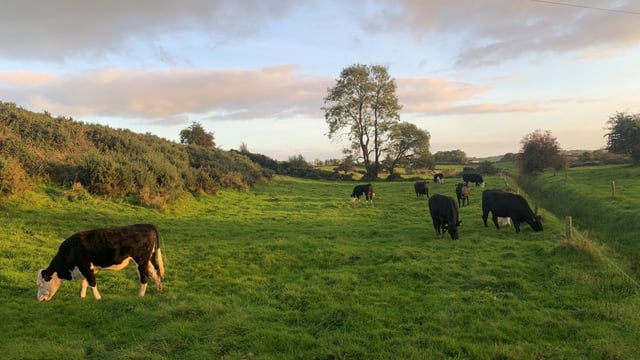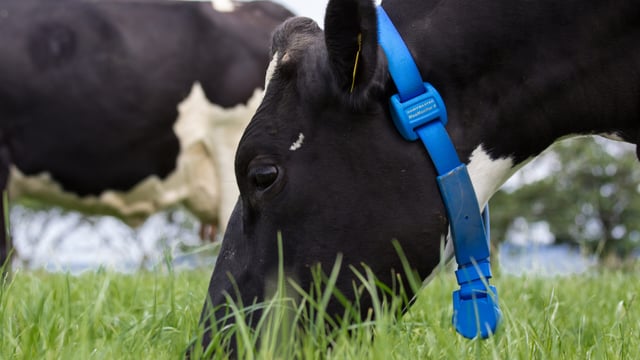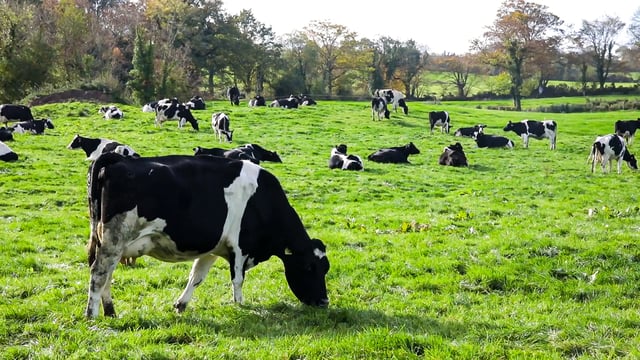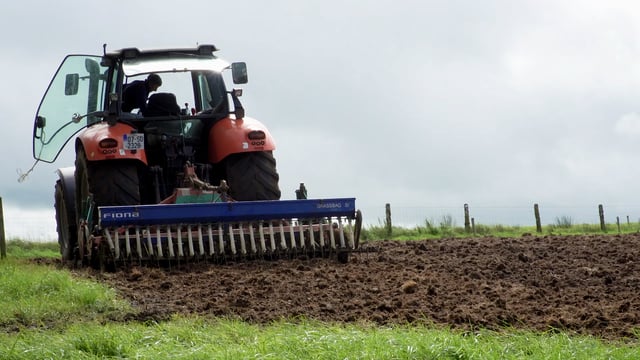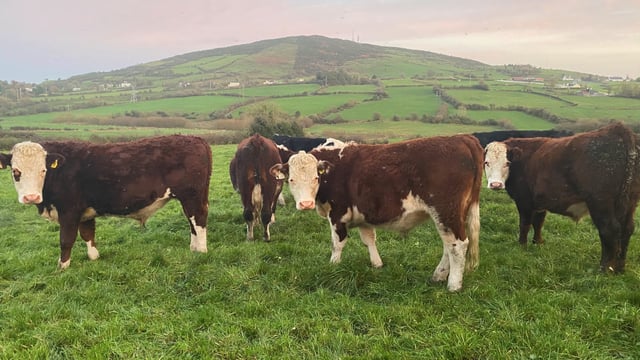Court of Appeal rules designated land case can proceed
The Court of Appeal has ruled that a case taken by a farmer in relation to designated land in Co. Donegal can "largely" proceed.
Harry McHugh has taken the proceedings against the Minister for the Environment, Heritage and Local Government and the Attorney General (the respondents).
In April 2024, Justice David Nolan struck out the proceedings in the High Court, with this decision then being appealed by McHugh to the Court of Appeal.
Land
McHugh's uncle owned the lands in Cashelgolan, Portnoo, Co. Donegal which were part of a body of lands that were initially identified as a candidate special area of conservation (cSAC) in March 1997.
McHugh became the beneficial owner of the lands after his uncle’s death in 2002 and later became the registered owner of the lands.
On January 24, 2003, he was notified that his lands might be included in the proposed cSAC.
In December 2004, the lands in question were adopted by the European Commission as a site of community importance (SCI).
In 2024, the body of land described as the “West of Ardara/Maas Road" was designated as a special area of conservation (SAC) under the European Union Habitats Regulations.
During the course of his long engagement with the respondents in relation to the designation, McHugh made an application in 2006 for permission to plant forestry on his lands that form part of the SAC, which the minister refused.
That refusal was based on the fact that the proposed forestry would adversely affect a significant area of the SAC.
McHugh has claimed that following the designation and the refusal of the forestry he “has sustained losses of at least €1.5 million”.
A large part of his damages claim is based on the profits he would allegedly have earned had he been permitted to plant forestry.
The Court of Appeal said that McHugh's complaints fall into the following categories: the failure to approve his forestry application; the failure of the respondents to properly engage with him in relation to the appeals process; the failure to establish that the species and/or habitats being protected were in fact on his land; and the failure to establish proper procedures.
The court said there was also a "very ill defined claim" in respect of the allegedly defective transposition of the Habitats Directive by Ireland.
In her judgement, Justice Niamh Hyland advised McHugh to engage legal representatives, as he did previously, "given the complexity of the claim he seeks to make".
The court noted that the farmer has two other sets of proceedings that the respondents assert are so closely linked to the present proceedings that these proceedings should be struck out on the basis of double recovery.
The first is a set of judicial review proceedings in relation to his claim for compensation from the minister to an arbitrator appointed by the Land Values Reference Committee.
On January 3, 2022, the arbitrator, Paul Good, notified the parties that he had concluded he did not have jurisdiction to deal with the matter and he adjourned the matter.
McHugh sought to make extensive amendments to those proceedings but the High Court refused leave to amend on February 20, 2025.
Judgement
Justice Hyland said that the threshold to strike out a case is a high one and a court should not dismiss a case, unless it is clear that it will not succeed.
"In this case, certain of the matters raised by the respondents as justifying a dismissal of the case are sufficiently complex and intricate as to be quite unsuitable for disposal by a motion of this type," she said.
Justice Hyland determined that the proceedings should be allowed to proceed contrary to the conclusion of the trial judge.
However, she upheld that part of the decision of the trial judge striking out the McHugh's claim that his 86ha of lands had been unlawfully compulsorily acquired.
The judge ruled that McHugh is entitled to continue with the claim made that his property rights under the Constitution have been affected by the designation.
"It will be for the trial judge to consider the extent, if any, of the impact on his property rights of designation, and the legal consequences, if any, of any such impact," Justice Hyland said.
"It is of course well established that the use to which land can be put may be limited by law, an obvious example of this being the planning code.
"Nonetheless, this argument cannot be treated as one that is bound to fail at this stage of theproceedings," Justice Hyland said.




